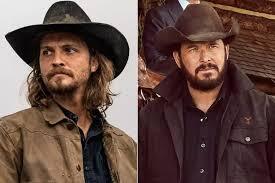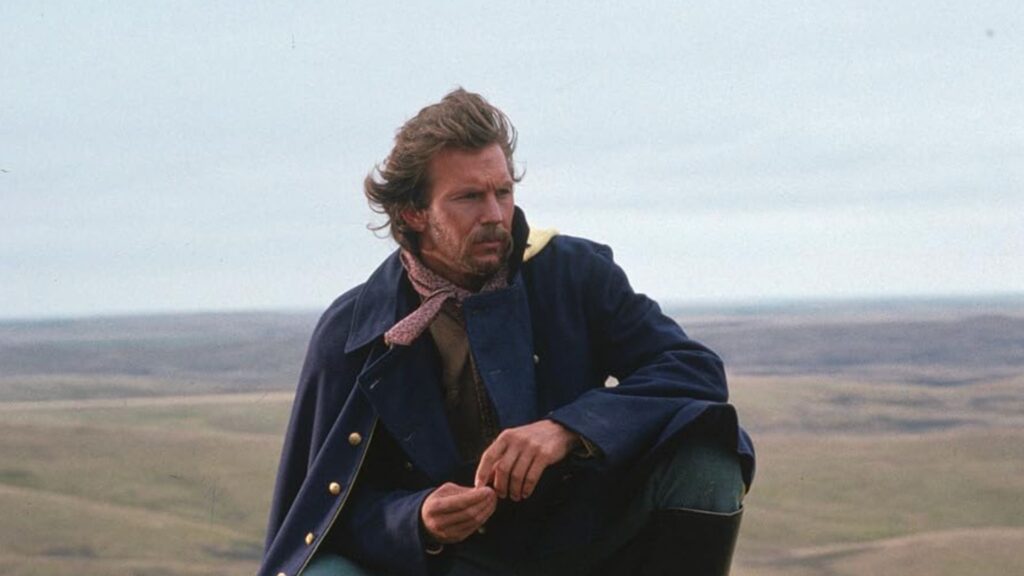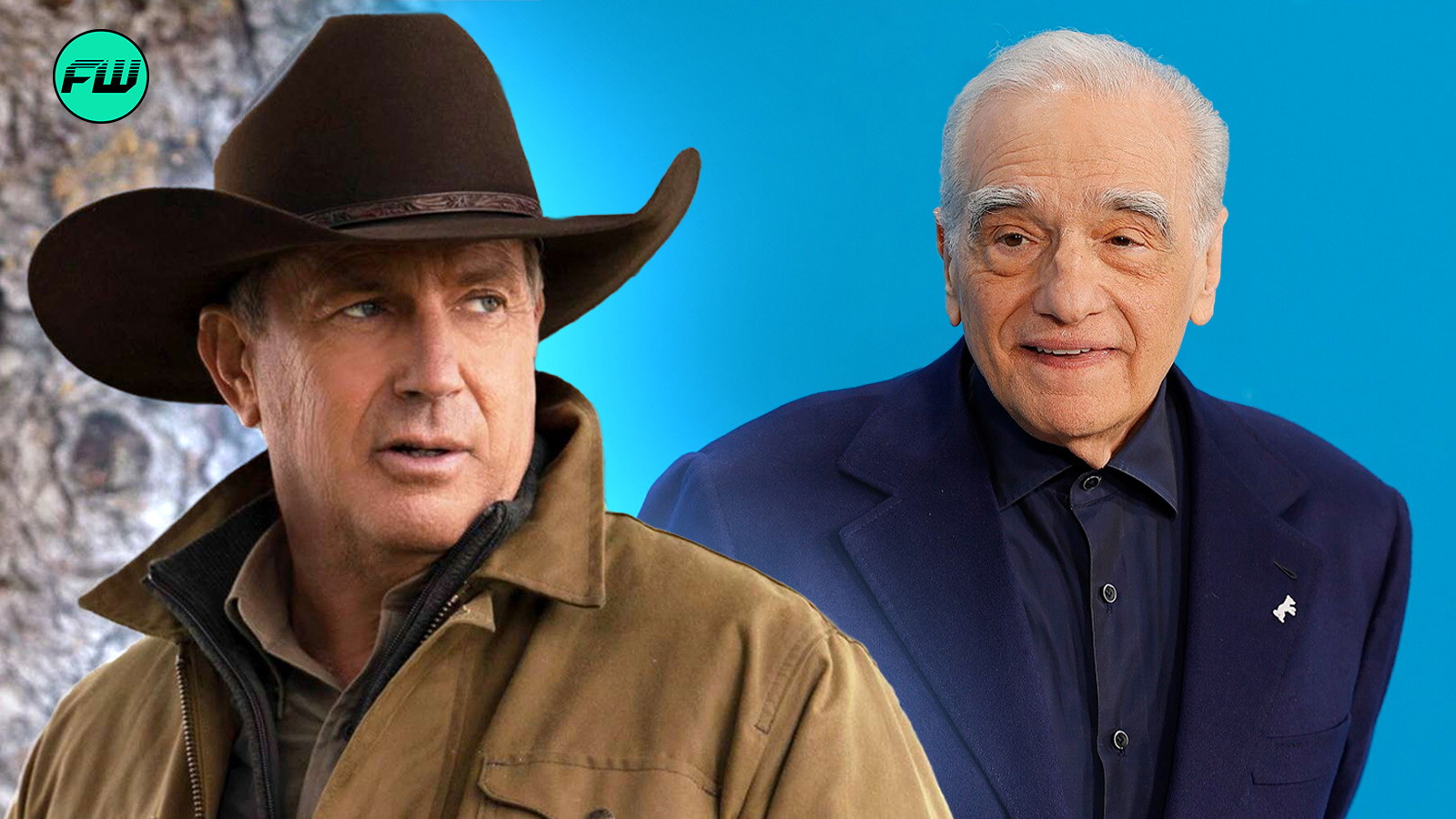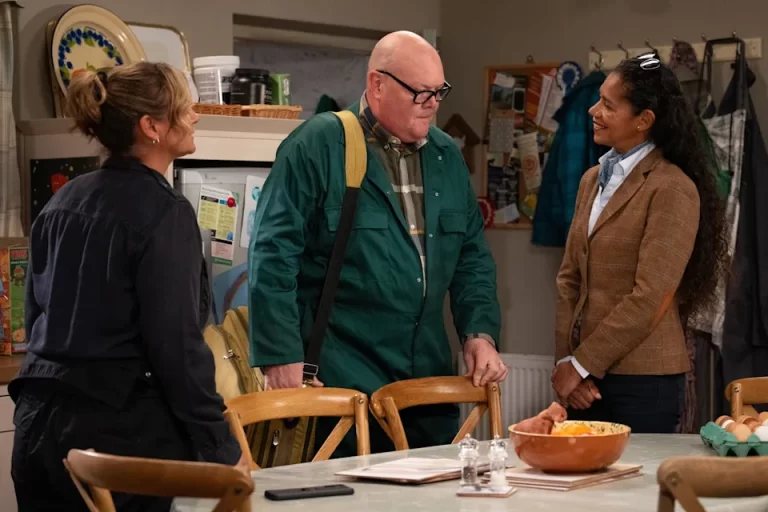
It is undeniable that when Kevin Costner emerged on the skies of filmmaking with Dances With Wolves, he took Hollywood by storm. In fact, his expertise was so well-rounded that his 1990 neo-Western was so well-rounded that the film swept the 63rd Academy Awards with seven Oscar wins. He even went of to defeat the acclaimed filmmaker Martin Scorsese for the venerable honor.
While the feat alone was ready to establish Costner as one of the major contenders of Hollywood’s elite directors, his subsequent directorial ventures brought forward a rather sad reality. More than three decades after his Oscar success for directing Dances With Wolves, a retrospective reassessment provides a rather harsh truth about the multi-faceted star’s career.
The 70-year-old, who has been associated with at least 60 projects, has since then directed four films, including Horizon: An American Saga and its sequel. A careful study would suggest that while Costner left no stone unturned for his later projects, he might not have achieved the same success that he had with Dances.
The sad truth about Kevin Costner’s career, no, it’s not about his acting
There is no denying the fact that Kevin Costner is one of the greatest stars Hollywood has ever seen. A career spanning more than four decades, the 70-year-old has appeared in multiple blockbusters.

Recently, he even established dominance over the small screen when he appeared as John Dutton in Taylor Sheridan’s multi-generational saga, Yellowstone.
After debuting in Hollywood with a series of minor roles, Costner received his big break when he landed his role as Eliot Ness in The Untouchables. Later years saw him opening his own production house, Tig Productions, which in turn helped him produce his passion project. Since then, it was a fairy tale as Costner became the Midas who turned everything he touched into gold.
However, a break in the rhythm happened when he took up another directorial project after the Dances With Wolves – The Postman in 1997. Despite being made on a budget of $80 million (via Screen Rant), the film failed to do well at the box office. Incurring a loss, the film made only $30 million at the box office.

While it was still too early to pass a judgment on Costner’s prowess as a director, his future projects only deepened the shadow of doubt. Though his credibility as an actor was still unmatched, Costner’s directorial capabilities were called into question when his 2003 film Open Range failed to recreate the magic of Dances With Wolves.
More than 20 years after Open Range, Costner once again donned the director’s hat when he took up another Western project – Horizon: An American Saga. Originally planned as a four-part saga, the first part was released in June 2024, with the second part lined up for an August release.
However, after the first installment failed to make waves at the box office (made only $38.7 million out of its $50 million budget), the production house pushed the release date. Though the second installment premiered at the Venice Film Festival in September and screened later at the Santa Barbara International Film Festival in February 2025, a worldwide release date has not yet been decided.
The failure of the Horizon at the box office once again brought to the fore the bitter reality about Costner’s directorial prowess. While he may be a crowd puller when he is in front of the camera, the same might not be said when he is at the back of the same.
Kevin Costner’s 1991 Oscar win is particularly important because of the stiff competition
In retrospect, Costner’s success as the Best Director Oscars in 1991 comes as even more crucial when one examines the pool of directors competing for the same honor. While the Field of Dreams actor took home the top award, he was competing against the maestros like Martin Scorsese and Francis Ford Coppola.

The competition was particularly stiff that year, with Scorsese nominated for Goodfellas, Coppola for The Godfather Part III, Stephen Frears for The Grifters, and Barbet Schroeder for Reversal of Fortune. Despite the competition, Costner shone bright as he won the statuette in his first attempt as a director.


